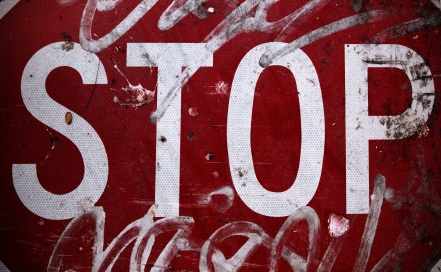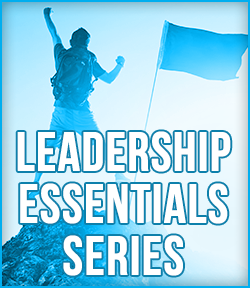
“Does everyone have a To Do list?,” asked Jim Collins at the Inc. 500 conference in September 2008. We all raised our hands.
“How many people in this room have a Stop Doing list?” Not so many.
Asked what he was planning to stop doing next, he replied, “unnecessary fire drills.” To him, that meant replying to emails without thinking them through and causing havoc and false urgency within his team.
That made sense to me, and I scribbled a note. I also began to research more about his background and found this article about pulling the plug.
“The power of removal can be immense. A few years ago I set a goal of reading about 100 books a year. So I embarked on a vigorous program of doing. I made lists. I set aside a room as a library. I bought reading chairs, desks, lamps, and stacks of books.”
“Yet in spite of all that energetic doing, too many of the books remained unread. After a tiring day I’d get sidetracked. In my left hand, War and Peace; in my right, the TV clicker. Faced with long passages on the burning of Moscow in 1812 or short quips on Monday Night Football, I’d flick on the TV and lose a couple of hours. So my wife and I unplugged and jettisoned the TV. My reading productivity soared.”
Since then, he’s written four ground-breaking bestsellers and become the authority on business leadership. His wife? She’s won an Ironman Triathlon.
——
Eventually, I (mostly) stopped watching television and found more time to read, too. Even more importantly, I stopped craving Taco Bell and new cars. I realized how much advertising messages were affecting me.
About a month ago, I took a break from Facebook. For me, it had become akin to the misaligned advertisements. Its interactions didn’t help me sustain the positive and focused mindset that I’m committed to have.
As countless people asked me to explain my decision, I realized that our default expectations are often that we’ll participate in everything. But I don’t think leaders can accept that default.
MMA Champion Rich Franklin spoke at our church and shared that he’d never taken a drink of alcohol. Why? It didn’t align with his goals.
Sarah Peck says no to most meetings or getting together for coffee. Instead? She raised $29,000 for charity: water and swam from Alcatraz to San Francisco – in her birthday suit.
Here’s author Haruki Murakami’s daily routine.
“When I’m in writing mode for a novel, I get up at 4:00 am and work for five to six hours. In the afternoon, I run for 10km or swim for 1500m (or do both), then I read a bit and listen to some music. I go to bed at 9:00 pm. I keep to this routine every day without variation.”
Normal social schedule? Not quite. Neither is having your work translated in 42 languages and being awarded the Frank Kafka Prize for furthering humanity.
How about gymnast Gabby Douglas?
“Something clicked in my head that said, if I really want to make this happen I need to get better coaching,” Gabby explains. Following that feeling, a 14 year-old Gabby moved by herself to Des Moines, Iowa. She was home-schooled by her host family to make time for her intense gymnastics training schedule.
The standard plan for high school students? Hardly. Neither are the Olympic Gold Medals hanging around her neck and the inspiration she provided to an entire nation.
——
Leaders are quitters. Strategic quitters, of course. But still quitters.
In Essentialism, Greg McKeown argues, “Many capable people are kept from getting to the next level of contribution because they can’t let go of the belief that everything is important.”
So, when Jim Collins asks again, you’ll be ready.
What are you going to add to your Stop Doing List?
——
“The difference between successful people and really successful people is that really successful people say no to almost everything.” – Warren Buffett








This is very thought provoking….there’s a few things I need to quit.